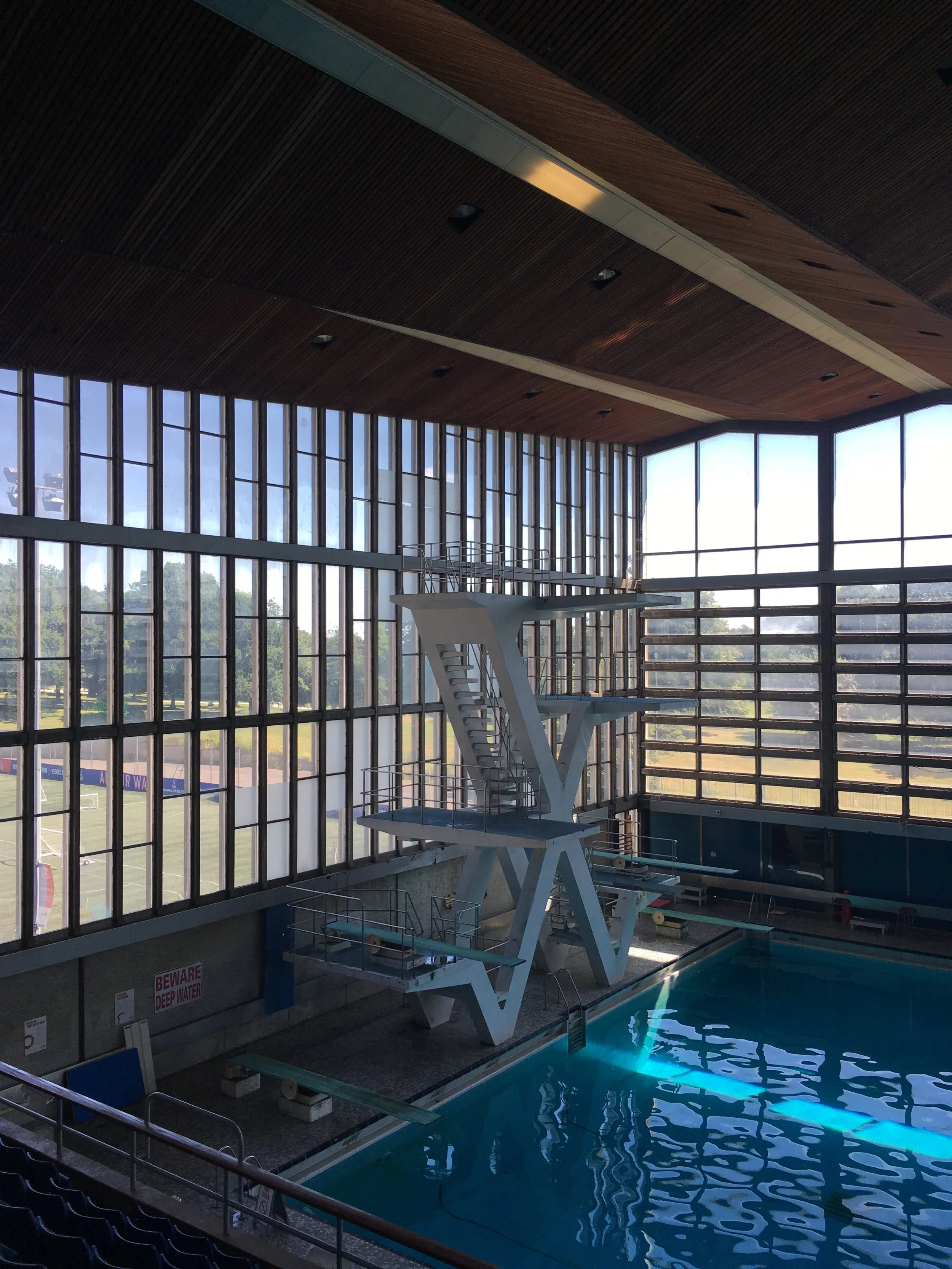York Road Circular Economy Hub
Proposal bringing together people working to generate solutions to food and plastic waste with the public, through adaptive reuse of a north London tube station to function as a circular economy hub
The King’s Cross area has undergone fast- paced and radical change over the past decade, with cranes as a near constant feature on the skyline. The area is truly a London melting pot, with international tourists, day-trippers, residents, workers and students all rubbing along among an urban landscape of mixed typologies, styles and ownership types.
We propose a renovation and new- build extension to a vacant tube station, reinvigorating it to cater to the everyday working and residential communities - becoming a meeting place and hub of activity for both. The focus of the building will be business and enterprise, with these uses oriented around a multifunctional cafeteria serving as the communal heart.
The three key spaces will be:
Workspace for Food Tech focussing on early career and incubation for micro- organisations (<25 people)
Light industrial space for designers working with recycled plastic to make small-scale products for consumers and the construction industry.
A subscription-based ‘Mess Hall’ cafeteria and associated kitchen serving lunch to local working population and dinner for wider communities. At the weekends it will be multifunctional resident-oriented civic space.
By centring the workspace proposals around a community food sharing space, the aim is to make a truly multifunctional and valuable building with an intergenerational pull, bringing together young people through education, providing work and leisure space for local businesses and providing a hub for residents both young and old. The ‘Mess Hall’ brings the work cafeteria into the 21st century, a space for learning, gathering of different communities of King’s Cross through co-locating workspace and community learning spaces.
The disused York Road Tube Station sits strategically between two zones. To the west is the nucleus of the (high-end) commercial and workplace redevelopment; to the east is low and mid-rise residential including social housing provision.
The surrounding urban context offers an opportunity for exchange and mutual benefit between the weekday offices workers, and the localcommunities and businesses that surround the site. Islington is a location with particular rich and poor extremes. Whilst it is pro-active in terms of food security and London Living wage, 47.5% of children in Islington are currently living in poverty.
The Hub responds to a global trend for workspaces to follow the wellbeing industry with a focus on variety in spaces, health eating and healthier active travel options.
The Hub encourages collaboration and a sense of belonging in the workspace and its civic presence. Social integration and shared resources (meeting rooms, kitchens, and equipment) will support early career and diverse communities for whom traditional workspace hire is mostly unaffordable.
With Food Tech, food waste and plastic waste recycling organisations working together the Hub will be a key driver for supporting these new typologies of business, new ways of working which address immediate climate concerns through circular design principles.
Client: Greater London Authority (GLA) and Transport for London (TfL)
Location: London
Completion: 2022 (RIBA Stage 1)







